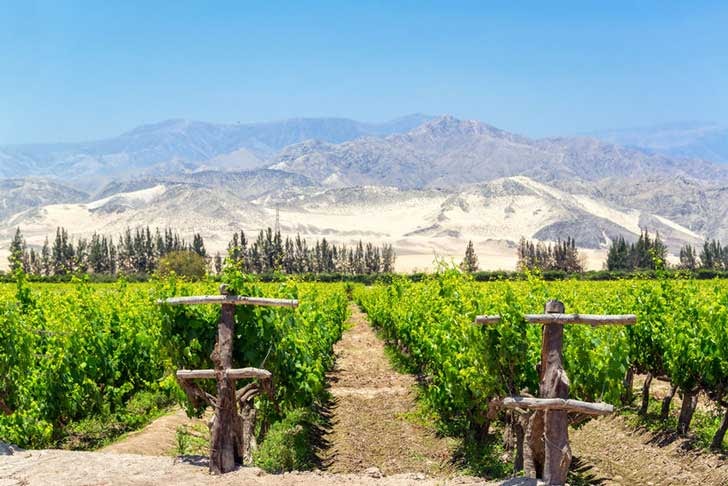With nearly 800,000 confirmed cases of COVID-19 and more than 31,000 deaths, Peru has been hit hard by the pandemic. In April, the country’s economy sank by 40% as a lockdown was put in place, part of what President Martin Vizcarra referred to as “the most serious crisis in our history.”
Like many other countries worldwide, cannabis innovators on the ground in Peru believe that the plant could help repair the damage wreaked by the pandemic.
“It would be a great tool to reactivate the economy. After the Covid-19 pandemic it will provide a lot of jobs. We have the perfect climate all along the coast in Peru for cultivating industrial hemp and cannabis in general. So we believe it is an important pillar for the private sector and the government to promote it in order to reactivate the economy,” said Jose Ignacio Escalante, the CEO of Futura Farms, a Cannabis R&D company based in Lima.
In 2017, Peru’s parliament voted 68-to-5 to legalize medical cannabis. Under Peruvian law, people can apply for licenses to work in cannabis production, import and commercialization, or scientific research. Legal medical cannabis sales began in late 2019, but patients have complained of shortages and problems of access, partly due to the fact that there is only one approved, state-run pharmacy in the entire country that can provide medical cannabis products.
And while the country provides great potential for the cultivation and manufacture of hemp, like elsewhere in Latin America, bewildering regulations, bureaucratic red tape, and conservative beliefs and misconceptions about cannabis still hold strong.
“We are banking on R&D as a driver of things but we know this is going to be hard because of 70 years of prohibition and six or seven generations of Peruvians listening to the word ‘no’ to cannabis,” Futura Farms Executive Vice President Raul Injoque said.
Futura Farms was founded in 2019, and since then they have partnered with universities and the private sector to work on research and development products mainly focused on industrial hemp. One of the problems complaticating industrial hemp production in Peru is that under the country’s regulations, after the cannabinoids are extracted the manufacturer is required to incinerate the rest of the plant, including the fiber used to produce industrial hemp products.

“The issue here is that the administration is still thinking that cannabis is a drug so they are reluctant to provide that green light to research and development,” Injoque said, adding that the older generation of Peruvians and the police in particular are still quite conservative regarding cannabis.
“I think that the legal framework is done, now we’re in the learning curve where people need to understand what they are supposed to approve or not,” he stated.
For Escalante, the feeling is that Peru is a country very close to the finish line when it comes to cannabis, it just needs that extra push over the edge.
“We compare it to a pregnancy in the ninth month, we’re already in the hospital, the mother is ready to go into labor and the baby is ready to be born but the nurse and the receptionist are making us sign a lot of paperwork for nothing. There are already companies licensed for distribution and import and applications for research and production, the industry is like 99% there.”
Both Escalante and Injoque believe that industrial hemp could provide a form of employment for a large number of Peruvians, including in some of the country’s more impoverished areas. And in the country’s poor mountain communities, hemp fiber could also provide warm clothing during the bitter winter months, they added.
Escalante explained that growing high-THC cannabis is a slightly more difficult endeavor, in that it’s more complicated and expensive, and requires a much more well-trained hand. He also said he believes that a recreational market will be “years from now” and that with the exception of Uruguay, he doesn’t believe legal, federally regulated cannabis will be a reality across Latin America anytime soon.
They also stated that further research and development of cannabis could not only be a great gift for the people and economy of Peru, it could also help improve our know-how about the countless therapeutic plants that grow within the Peruvian Amazon, which covers more than half of the country’s landmass. And while the countries may still be too conservative, both Escalante and Injoque believe things are moving in the right direction.
Sign up for bi-weekly updates, packed full of cannabis education, recipes, and tips. Your inbox will love it.

 Shop
Shop Support
Support
















